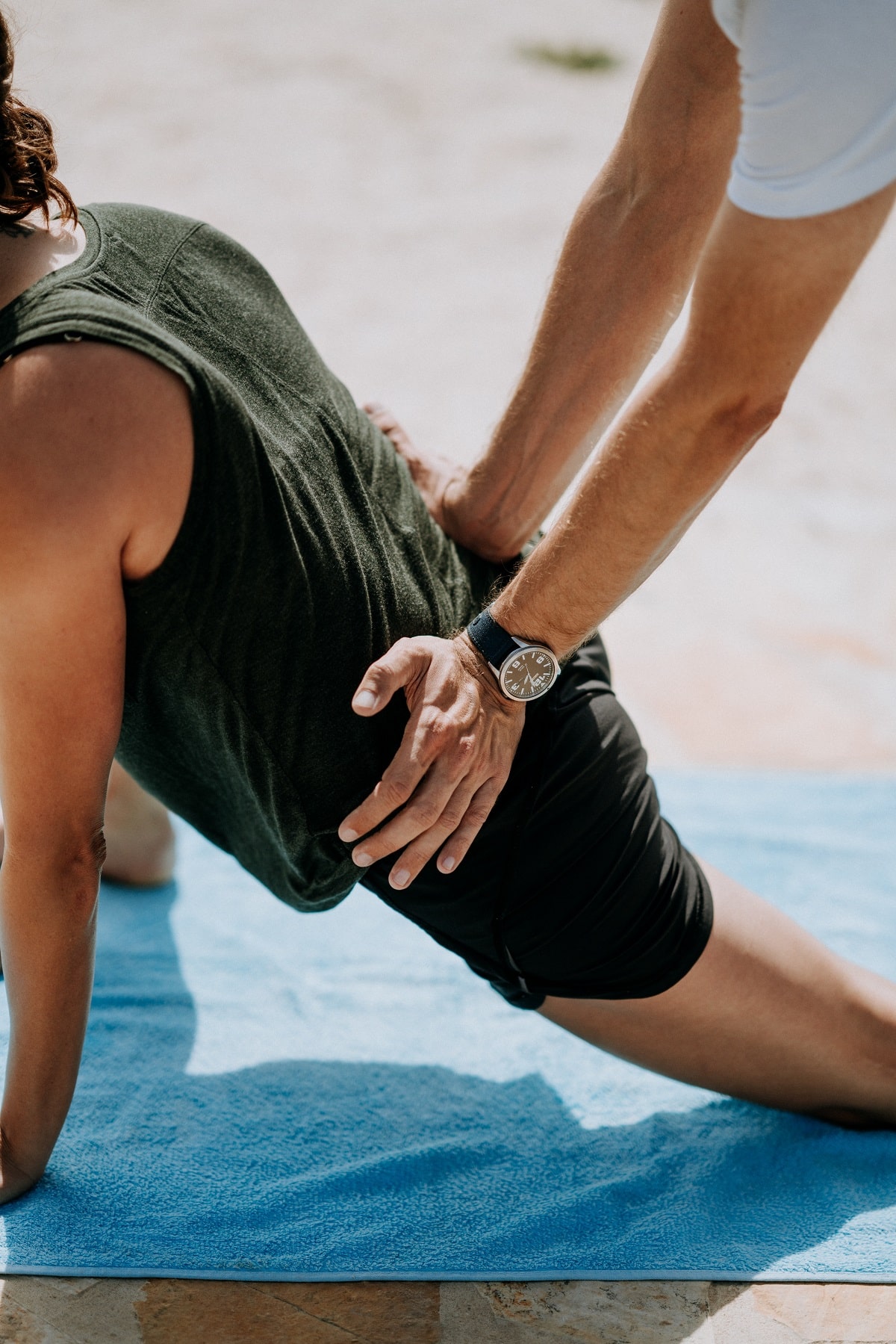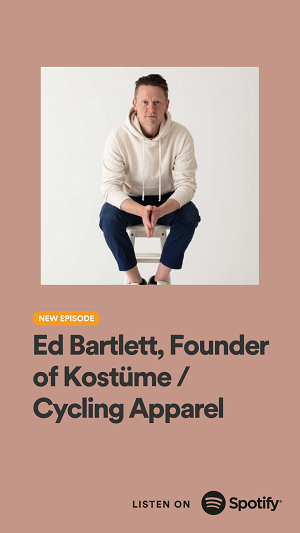1
HOME > Health & Fitness >
WHY DOING MORE EXERCISE ISN’T ALWAYS BETTER FOR YOU
Written by James Staring in Health & Fitness on the 8th December 2023

We’ve all been told that exercise is healthy for us. But that doesn’t mean to become really healthy we should just keep doing more and more exercise. A common misconception is that adding more exercise to our current health regime will automatically mean we become healthier. However, adding in too much exercise can lead to overtraining and potential injury. Here are four reasons why more is not always better when it comes to exercise, along with solutions to help avoid problems associated with overtraining.
1. You can get injured
A common belief is that results happen during a workout, but results actually happen between workouts, not during them. Exercise is a stimulus that challenges your body. With good nutrition and rest, your body recovers and adapts to become more capable of handling challenges (i.e. exercise) the next time you do it. When you exercise too frequently your body doesn’t have enough time to recover and adapt. By repeating this process of exercising without sufficient recovery, parts of your body may eventually break down from overuse, leading to injury. A common reason why we overtrain is we feel that if we aren’t sufficiently active, that we aren’t ‘doing enough’. So instead of completing more workouts of the same intensity, break up your workouts with active recovery. This can be anything from foam rolling to brisk walking to stretching. The point is to continue being active in ways that support your goals through encouraging recovery, as opposed to activity that leads to overuse.

2. You won’t progress as quickly
One of the most common methods to achieve results through resistance training is progressive overload. This means that based on time and perceived intensity (i.e. how challenging it feels to you), you’ll increase the weight you’re lifting to achieve the results you want. Your ability to increase the weight will depend on how well you’ve rested and recovered from your previous workouts. Think of this process like building a house. As you complete workouts and recover between them, you build a foundation through which you can increase the intensity of your workouts with heavier weights. This is because your body will build lean muscle, and your brain will become better at instructing your body how to complete the exercises more efficiently. When you exercise too frequently, you limit your body’s ability to build foundations for progress. Also, you limit your body’s ability to learn efficiency by not allowing your body to adapt through rest.
The key to consistent progression is to increase your intensity for 3-4 weeks, then proactively reduce that intensity for a week. This is referred to as ‘deloading’, and it’s an effective way to keep progressing. Deloading encourages both physical and mental recovery. When you relentlessly push yourself without respite, your body will simply stop responding to the stimulus you’re putting in front of it. Keep track of your workouts and the weights you’re lifting, and proactively add in deload weeks to allow your body and mind to recover, rebuild, and prepare for the next challenge. Do be aware that if you choose weights that are too heavy for your goal and try to push through, your form will be compromised, and you’ll run the risk of injuring yourself. By increasing in small increments to a more challenging level, you’ll be able to self-assess what your current capabilities are. At the same time, you’ll avoid injury in the process. For example, if your goal is to improve strength, you want to find a weight where you can complete five perfect repetitions and have two repetitions that you could have done if pressed. This is called ‘Reps in Reserve’ or ‘RIR’, and if you choose your weights based on this target you will always lift safely and achieve your goal, be it strength, muscle growth or endurance.

3. You’ll lose motivation
Consistency is an important cornerstone of achieving results through exercise. One of the most common side-effects of too much exercise is you get too fatigued to want to continue. When you work out too much, one of the potential negatives is your sleep is affected. It may seem counter-intuitive, as you’d think that through more activity you’d sleep like a baby. But too much exercise can make it difficult for your body to wind down at the end of the day. This can lead to disturbed sleep, meaning you’ll be missing the getup and go you need to work out next time. The key is to listen to your body. Sometimes we force ourselves to ‘soldier on’ when our body is trying to tell us otherwise. If you wake up feeling tired and lethargic, instead of pushing yourself through a heavy workout, either dial back the workout planned or go for an active recovery option. You’ll feel better for it and get back to a motivated headspace faster.
4. Your results may start to regress
You’d think that by exercising more your results would come faster. But if your goal is to decrease body fat, over-exercising can lead to the opposite happening. Exercise is stress on the body. Your body’s response to stress is to release a hormone called cortisol. Cortisol is our ‘fight or flight’ hormone, releasing additional sugar into our blood stream to help us either evade harm or fight through it. Excess exercise leads to excess cortisol release. Excess cortisol release often results in excess body fat carriage around the waistline. So, by over-exercising, you run the risk of sabotaging your own results and making your goal even harder to achieve. You can achieve consistent results through regularly assessing your progress. By measuring yourself every 30 days, you’ll be able to see if you’re moving in the right direction. Don’t expect your results to be smooth and linear. You will have times when you don’t progress as quickly as you’d hoped. But by consistently measuring, you’ll be clearer about when you’re progressing, and you can make changes when necessary to keep that progress moving positively.
Trending
2
3
4
5
6
7
8
9
10









